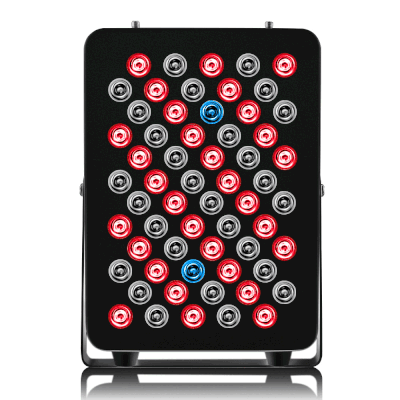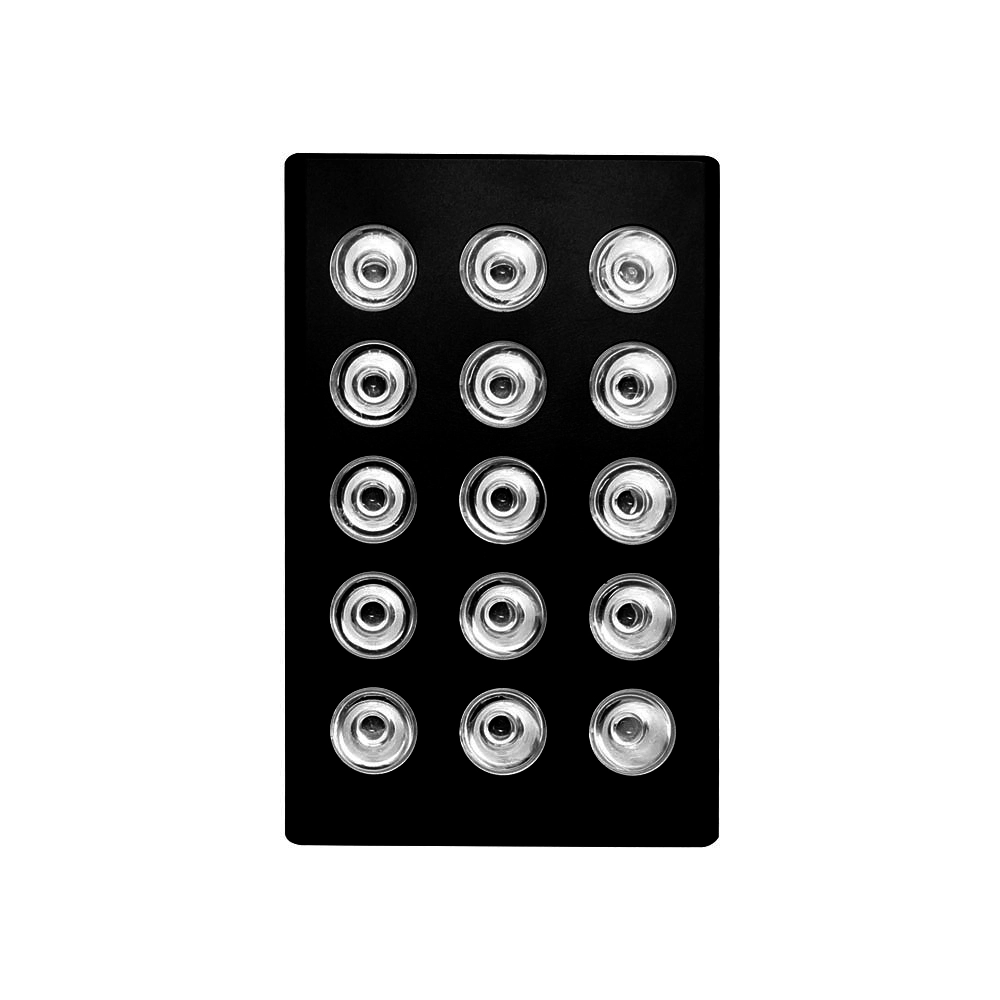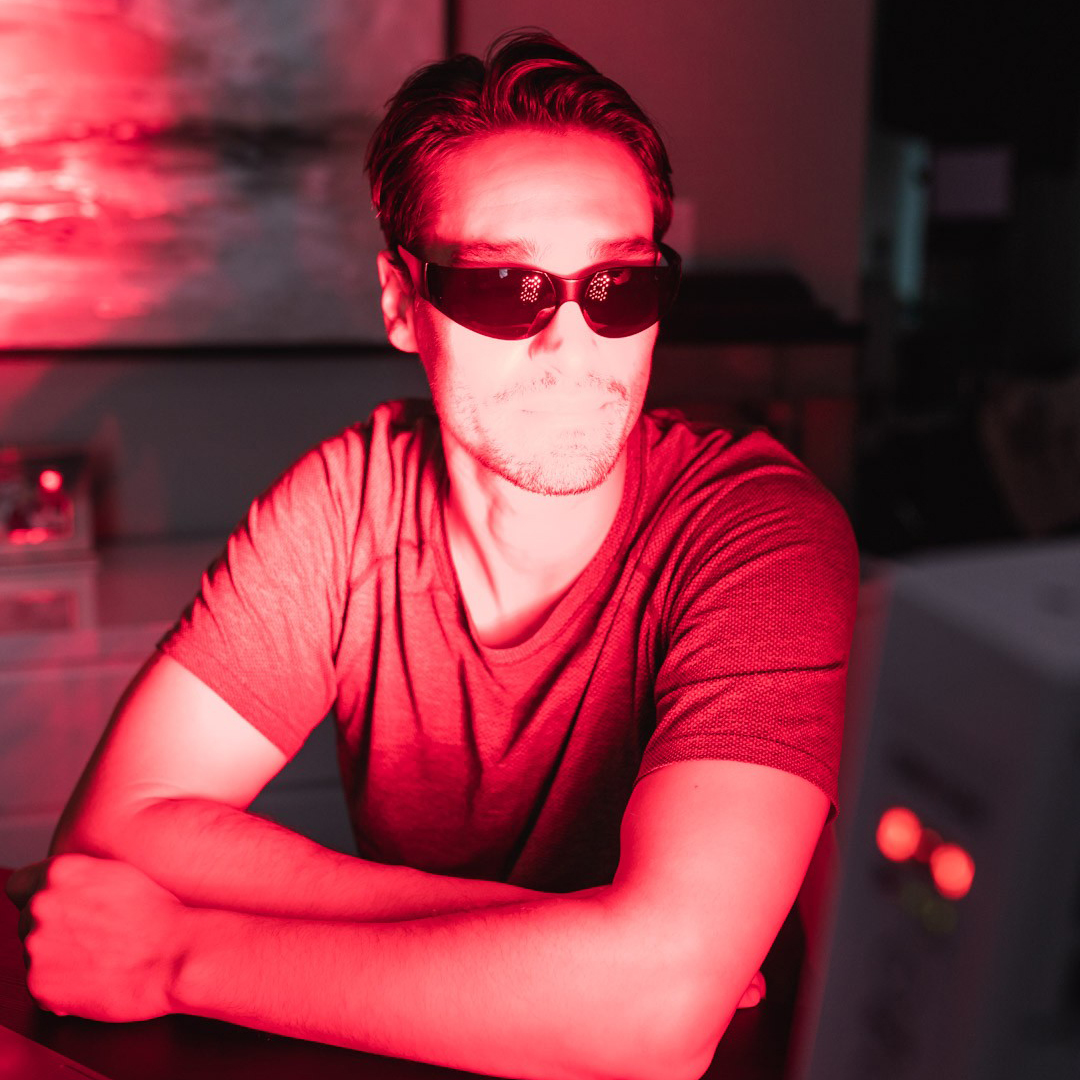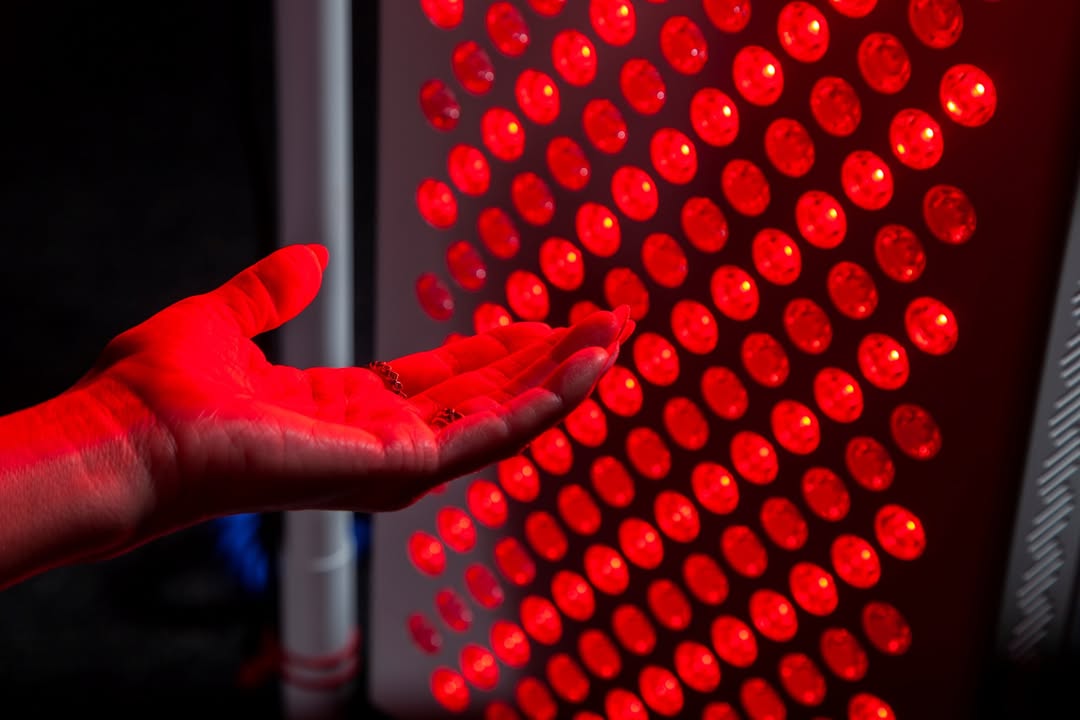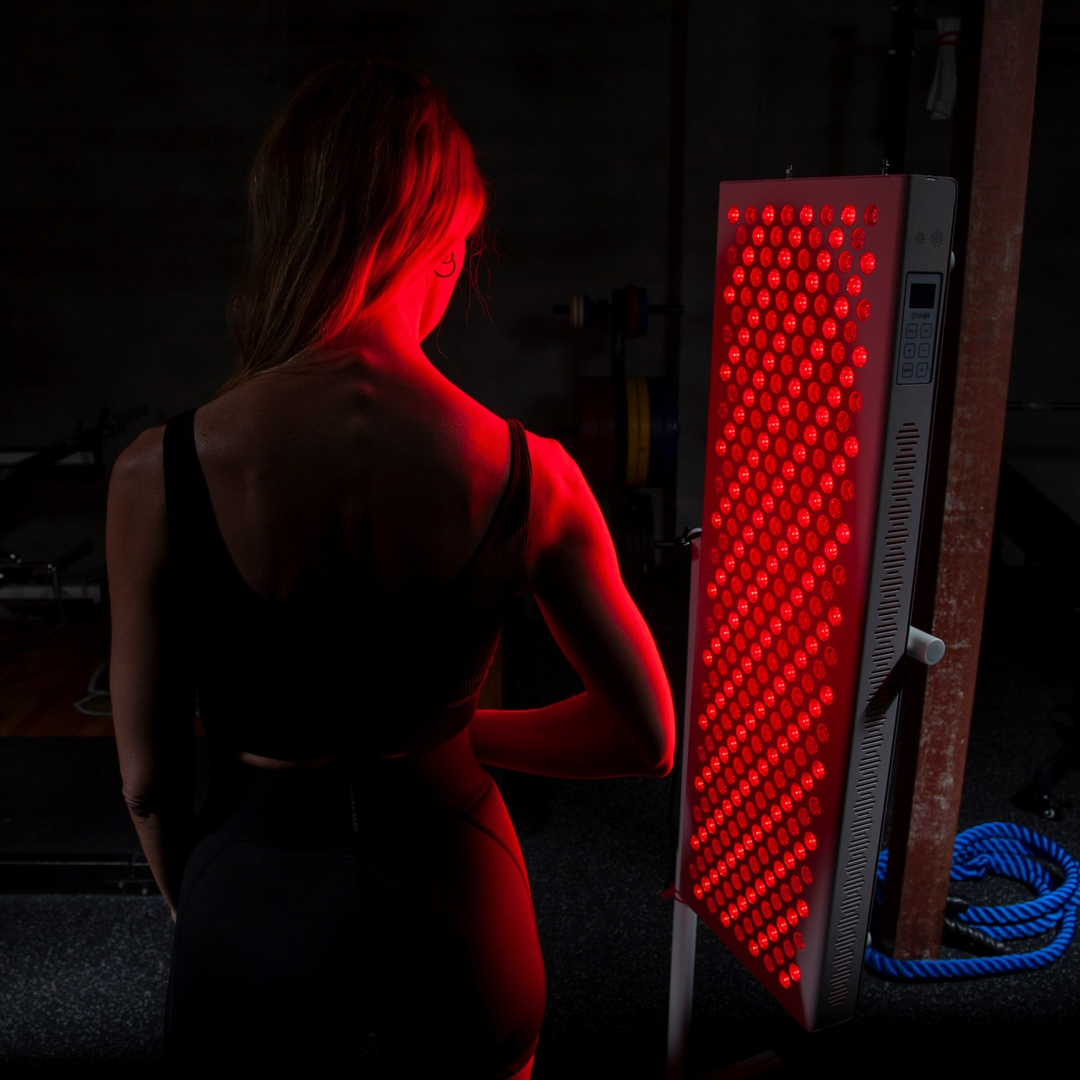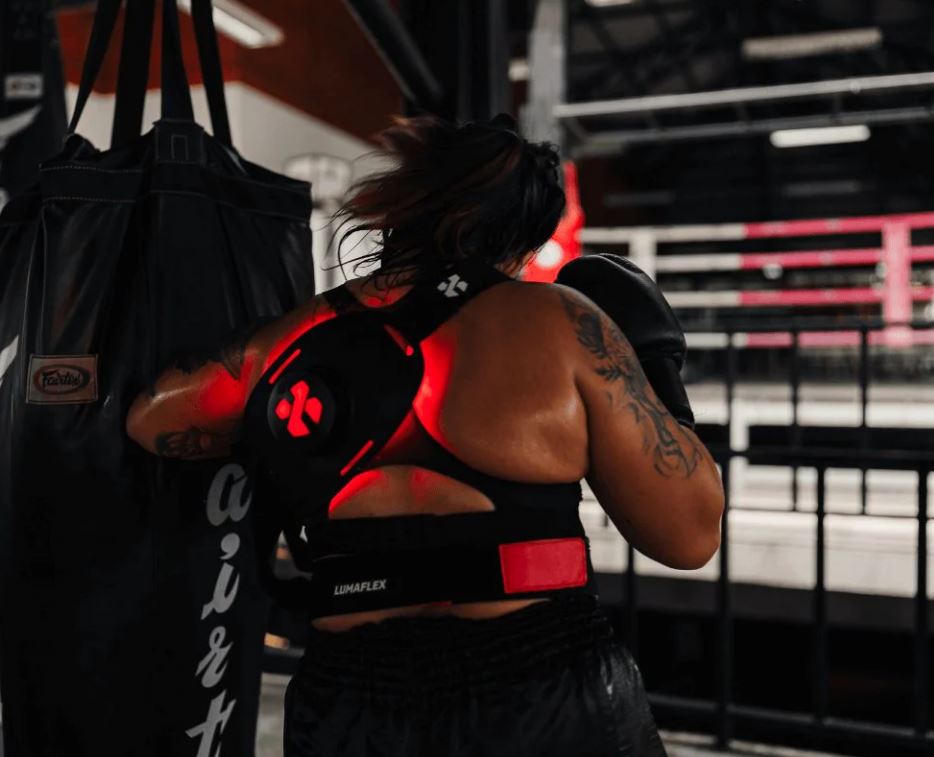![]() Free Shipping
Free Shipping ![]() Buy Now, Pay Later
Buy Now, Pay Later ![]() Eligible
Eligible
Red Light Therapy for Cystic Acne: A Soothing, Science-Backed Solution
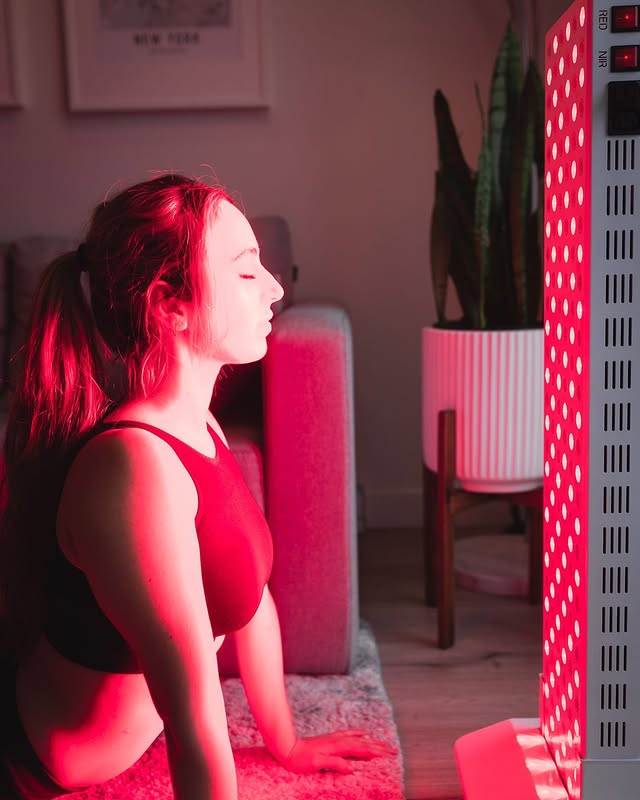
Cystic acne is more than just a skin concern; it’s a painful, inflammatory condition that affects the deeper layers of the skin. Unlike surface-level pimples, these deep, tender nodules are resistant to many conventional treatments and can leave behind significant scarring. For those seeking a gentler, non-invasive alternative, red light therapy (RLT) is emerging as a promising, science-backed tool in the fight against severe acne.
This article delves into how red light therapy specifically targets the root causes of cystic acne, its proven benefits, and how you can incorporate it into your skincare regimen.
Understanding the Beast: What is Cystic Acne?
Before we explore the solution, it’s crucial to understand the problem. Cystic acne occurs when a combination of oil (sebum), bacteria (C. acnes), and dead skin cells clog a hair follicle deep within the skin. This leads to a severe inflammatory response, causing:
- Large, painful, red nodules beneath the skin’s surface.
- Significant swelling and tenderness.
- A high risk of permanent scarring and post-inflammatory hyperpigmentation (PIH).
Traditional treatments like topical retinoids or oral antibiotics can be effective but often come with side effects like dryness, sensitivity, and bacterial resistance. This is where red light therapy offers a different approach.
How Does Red Light Therapy Work on Cystic Acne?
Red light therapy uses specific, low-wavelength red and near-infrared light to penetrate the skin. Unlike harsh UV light, this therapeutic light is safe and works its magic on a cellular level. For cystic acne, the benefits are two-fold, targeting both the bacteria and the inflammation.
1. Calming the Inflammation
Inflammation is the primary driver of cystic acne’s pain and swelling. Red light therapy is a powerful anti-inflammatory agent. It works by:
- Enhancing Mitochondrial Function: The light energy is absorbed by mitochondria in our cells, boosting the production of adenosine triphosphate (ATP), the body’s cellular fuel.
- Reducing Inflammatory Cytokines: With more energy, cells can function more efficiently and regulate the release of pro-inflammatory compounds, effectively “calming” the immune response in the affected area.
Expert Insight: “Think of red light therapy as a reset button for inflamed skin cells. By improving cellular communication and energy production, it helps shift the skin from a state of chaos and inflammation to one of repair and calm,” explains a board-certified dermatologist.
2. Combating Acne-Causing Bacteria
The bacteria C. acnes (formerly P. acnes) is a key player in acne development. Interestingly, C. acnes produces compounds called porphyrins. When these porphyrins are exposed to specific light wavelengths, they produce free radicals that are toxic to the bacteria itself, effectively reducing the bacterial load on the skin without harming your skin cells.
Red Light Therapy vs. Other Acne Light Treatments
Light therapy for acne isn’t new, but it’s important to distinguish between the different types. The most common comparison is between Red Light and Blue Light Therapy.
| Feature | Red Light Therapy | Blue Light Therapy |
|---|---|---|
| Primary Action | Anti-inflammatory & Healing | Antibacterial |
| Penetration Depth | Deep (into the dermis) | Shallow (upper layers of skin) |
| Best For | Cystic, inflammatory acne, calming redness, healing, scar prevention | Mild to moderate comedonal acne (blackheads & whiteheads) |
| Sensation | Warm, gentle, no downtime | Can be slightly drying |
| Key Benefit | Promotes collagen, reduces pain and swelling | Directly kills C. acnes bacteria |
The Synergy: Many modern at-home devices and professional treatments now combine red and blue light to tackle acne from both angles—killing bacteria while simultaneously soothing the resulting inflammation.
The Documented Benefits of RLT for Cystic Acne
Incorporating red light therapy into your routine can lead to several key improvements:
- Reduced Pain and Swelling: The anti-inflammatory effects can make cysts feel less tender and appear less swollen within a few treatments.
- Faster Healing Time: By supporting cellular repair, RLT can help the body resolve cystic breakouts more quickly.
- Prevention of Severe Scarring: Calming the inflammation early can minimize the tissue damage that leads to atrophic (pitted) scars.
- Improved Skin Texture and Tone: The collagen-boosting effects of red light can help improve the appearance of existing scars and overall skin health over time.
How to Use Red Light Therapy for Cystic Acne
You have two main avenues for treatment: professional and at-home.
Professional In-Office Treatments
Conducted in a dermatologist’s or med-spa’s office, these sessions use high-powered devices for maximum efficacy. A typical treatment plan might involve 2-3 sessions per week for several weeks, followed by maintenance sessions.
At-Home Red Light Therapy Devices
For convenience and cost-effectiveness, at-home devices like panels, masks, and wands have become incredibly popular.
A Sample At-Home Routine:
- Step 1: Start with a clean, dry face. Do not use any photosensitizing products (like AHAs or retinols) immediately before treatment.
- Step 2: Use your device according to its instructions. Typical sessions last between 3-10 minutes.
- Step 3: Apply the light directly to the affected areas, keeping your eyes closed or using protective goggles.
- Step 4: Follow with a gentle, non-comedogenic moisturizer and a broad-spectrum sunscreen in the morning.
- Consistency is Key: Aim for daily use initially, then 3-5 times per week for maintenance.
VELLGUS Elite V2
THE #1 RATED RED LIGHT DEVICE
Realistic Expectations and Safety Profile
Red light therapy is considered very safe, with no known serious side effects. It is non-thermal and non-invasive, making it suitable for even the most sensitive skin types.
However, manage your expectations:
- It’s a Treatment, Not a Cure: RLT manages and reduces symptoms but may not eliminate cystic acne forever.
- Results Take Time: Don’t expect overnight miracles. Most users report noticing a difference in inflammation and frequency of breakouts after 4-6 weeks of consistent use.
- Combination Approach is Best: For severe cystic acne, red light therapy is most effective as part of a comprehensive plan that may include dietary changes, stress management, and guidance from a dermatologist.
A Gentle Light in the Fight Against Severe Acne
For those battling the physical and emotional toll of cystic acne, red light therapy represents a beacon of hope. Its ability to directly target the core issues of inflammation and bacteria without harsh side effects makes it a valuable and soothing addition to any acne-fighting arsenal. By calming the storm beneath the skin, RLT not only helps manage active breakouts but also paves the way for healthier, more resilient skin in the long run.


